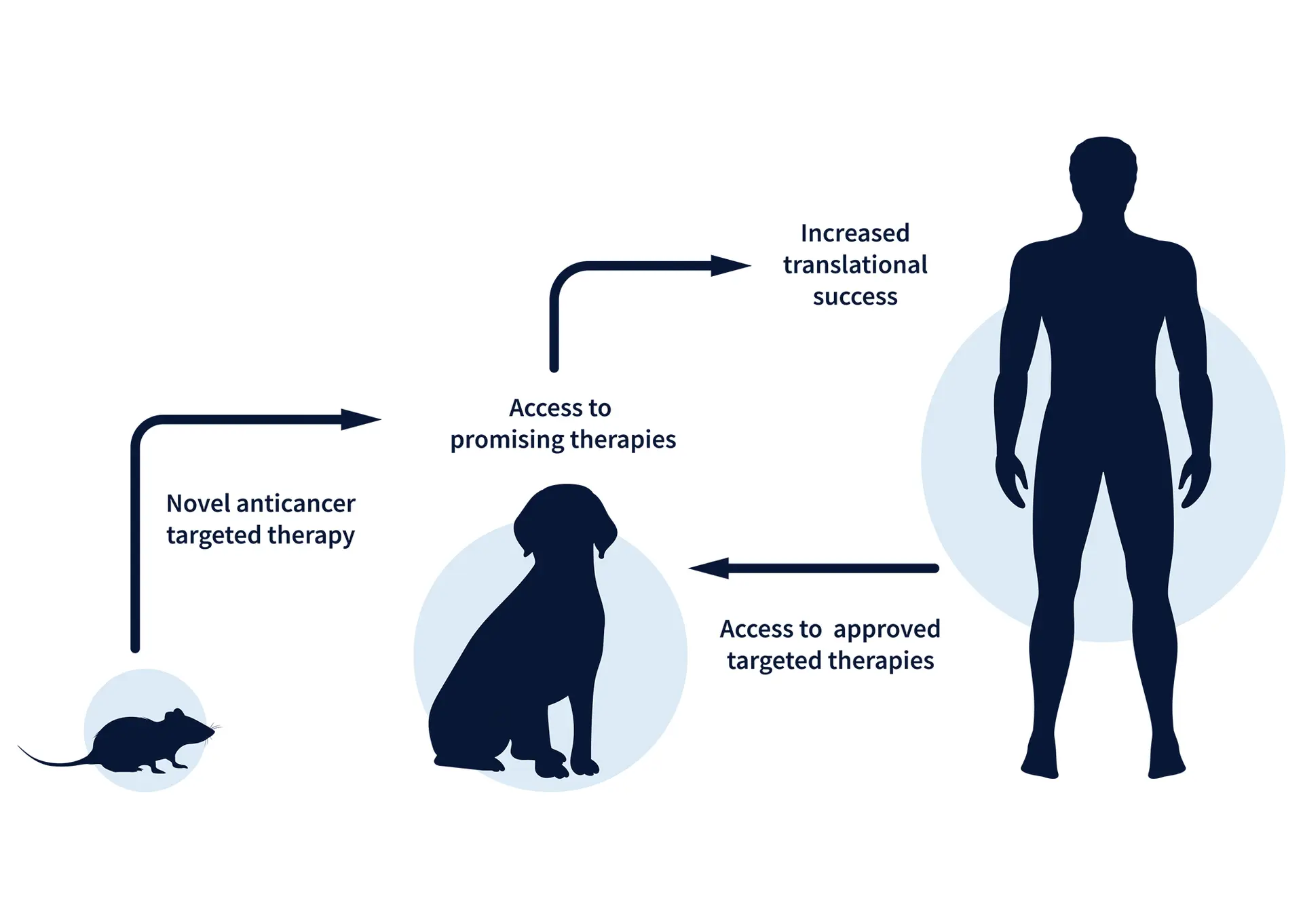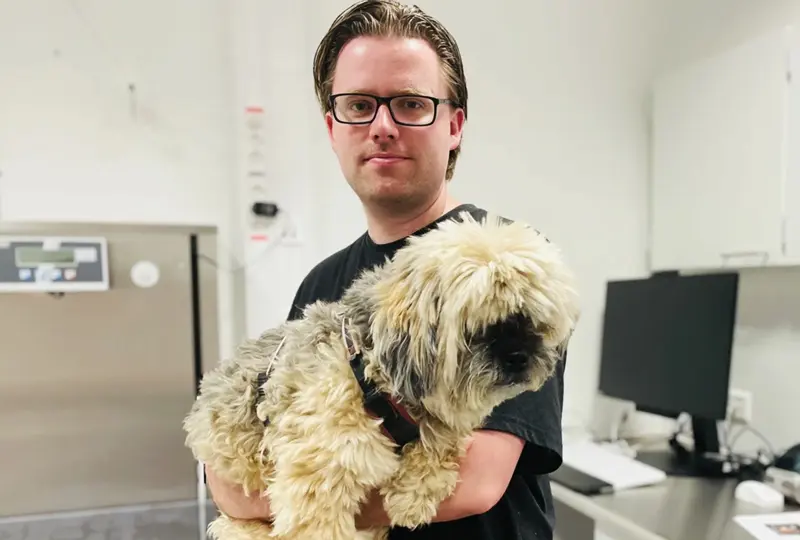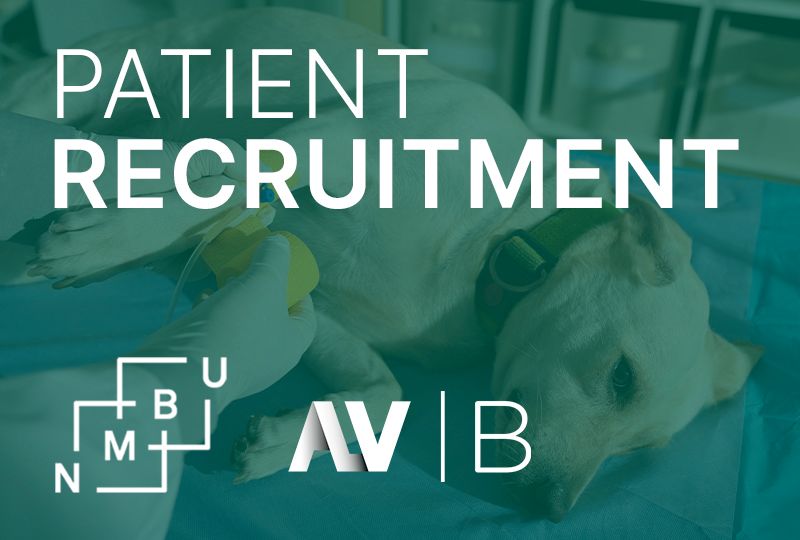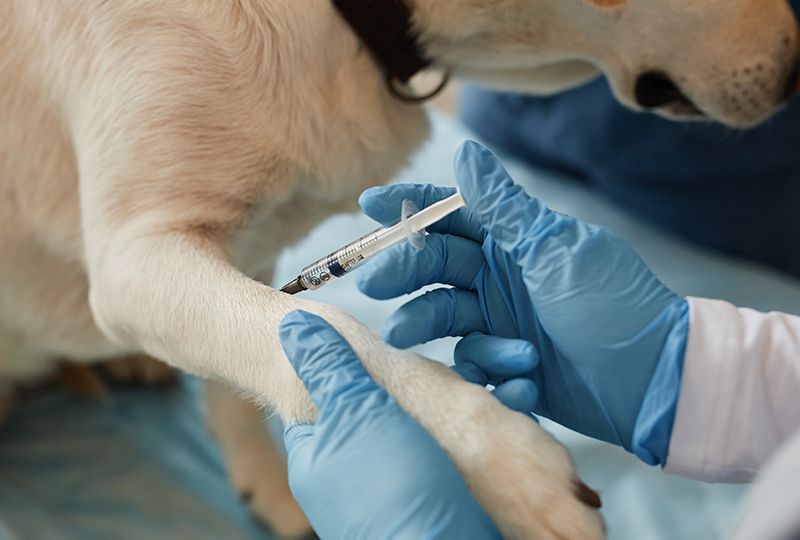COMPARATIVE ONCOLOGY.
Comparative oncology is the study of naturally occurring cancers in model systems such as pet dogs, whereby the development of novel cancer therapeutics for treating such cancers can be used as a foundation to improve cancer treatment in humans.

COMPARATIVE ONCOLOGY
Comparative oncology is the study of naturally occurring cancers in model
systems such as pet dogs, whereby the development of novel cancer
therapeutics for treating such cancers can be used as a foundation to
improve cancer treatment in humans. Dogs, and cats, spontaneously
develop cancer the same way humans do. Many of the cancers that
develop in our pets share the same biology to those we develop as
humans, such as breast, bone, skin and prostate cancers as well as a full
spectrum of blood cancers, including non-Hodgkin’s lymphoma and virally
induced cancers.
At Alv B, we are committed to improving cancer care in dogs, and
ultimately humans. We collect a wealth of information, through research,
novel therapies and clinical trials, being able to fully characterise tumour
responses, deciphering treatment mechanisms and understanding the
biology behind cancer development. It is through this ultimately
translation of novel therapies from dogs to human becomes possible.
Our shared biology makes this possible. Through clinical trials in naturally
occurring cancers in domesticated dogs, we can determine if a novel
therapy is likely to be efficacious for humans while also benefiting a
canine patient in need. This greatly reduces the risk of failure in later
clinical phases in humans.
So thanks to comparative oncology, not only do we get to improve cancer
treatment in our beloved pets, we also take one more step to improving
cancer care in humans also.


